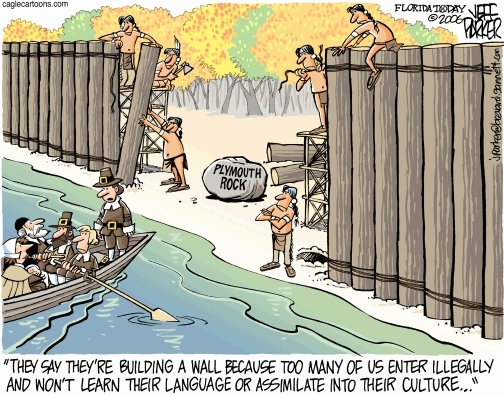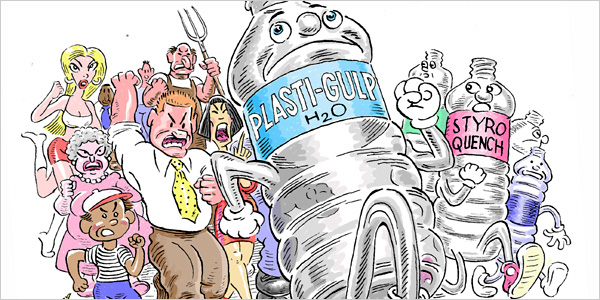 Let’s take a look at the Midwest. There have been eleven presidents that were either born or have had a political career in the Midwest. And it wasn’t until Abraham Lincoln, the 16th President, that there was a Midwest presence.
Let’s take a look at the Midwest. There have been eleven presidents that were either born or have had a political career in the Midwest. And it wasn’t until Abraham Lincoln, the 16th President, that there was a Midwest presence.
Here is a brief synapses of the eleven that have become president.
Abraham Lincoln, originally from
Kentucky, was born in 1809. Lincoln’s family moved from Kentucky to
Indiana, and eventually to
Illinois in 1830. Lincoln served four terms in the Illinois House of Representatives. Lincoln was elected president in 1860.
In 1868
Ulysses S. Grant was elected President. Grant was born in 1822 in
Point Pleasant, Ohio. Grant’s family lived in
Galena, IL before Grant went off to serve in the Civil War.
Rutherford B. Hayes was born in
Delaware, OH, in 1822. Hayes was
elected president in 1876 following Grant in office. Hayes practiced law in Cincinnati, served in the Civil War. After the war, Hayes was nominated as Governor of Ohio and served from 1868-72 and 1876-77 before becoming president.
James Garfield was born in 1831 in
Moreland Hills, OH and was elected president in 1880 after Hayes. Garfield was
assassinated six months into office. Garfield is the only president to serve as a clergy (which only lasted the course of two years) and would eventually be elected as an Ohio state senator before serving in the Civil War.
In 1833 in North Bend, Ohio,
Benjamin Harrison was born. Harrison would move to Indianapolis to become a state politician. Harrison would also serve in the Civil War. Before Harrison’s presidency he served in the Indiana State Supreme Court, and served in the Senate from 1880 until he was elected president in 1888.
William McKinley was the 25th president of the United States, elected in 1896. McKinley, born in 1843 in Niles, Ohio, served as governor of Ohio from 1892 to 1896. McKinley was also a captain in the civil war.
William Taft was born in 1857 in
Cincinnati, Ohio. An interesting fact about Taft was that he was a Unitarian all his life. Taft’s political career includes being appointed the Governor-General of the Philippines, Secretary of War. In 1908 Taft was elected president after serving under Theodore Roosevelt’s presidency.
Warren G. Harding, the last president to be born from Ohio, was born in the city of Blooming Grove. Harding was part of the Ohio State Senate and US Senate before being elected as president in 1920.
Herbert Hoover was born in 1874 in West Branch, Iowa. Hoover served as a mining engineer and consultant for almost twenty years. Hoover was Secretary of Commerce for Roosevelt and Harding. Hoover was elected president in 1928.
Gerald Ford served as president from 1974 to 1977 after
Nixon had resigned. Ford, originally from Omaha, Nebraska was born in 1913. Ford in his childhood would move to Oak Park, IL, and eventually to
Grand Rapids, Michigan. Ford went to college at the University of Michigan and played
football there. Ford served in WW II. He would go on to be in the House of Representatives in Michigan. Ford also worked on the
Warren Commission. Ford became vice president under the election of Nixon in 1972.
The last president from the Midwest is
Ronald Reagan. Born in 1911 in Tampico, Illinois, he would soon become famous by his radio and
film career. From 1967 - 1975 Reagan was
governor of California. Reagan served two terms as president, first elected in 1980 and again in 1984.
 I’ll be traveling for the holidays - from the frigid and snowy Chicago, to the frigid and snowy East Coast, and onward to the even more frigid and snowy land of the trolls. Merry Christmas!
I’ll be traveling for the holidays - from the frigid and snowy Chicago, to the frigid and snowy East Coast, and onward to the even more frigid and snowy land of the trolls. Merry Christmas! 









































